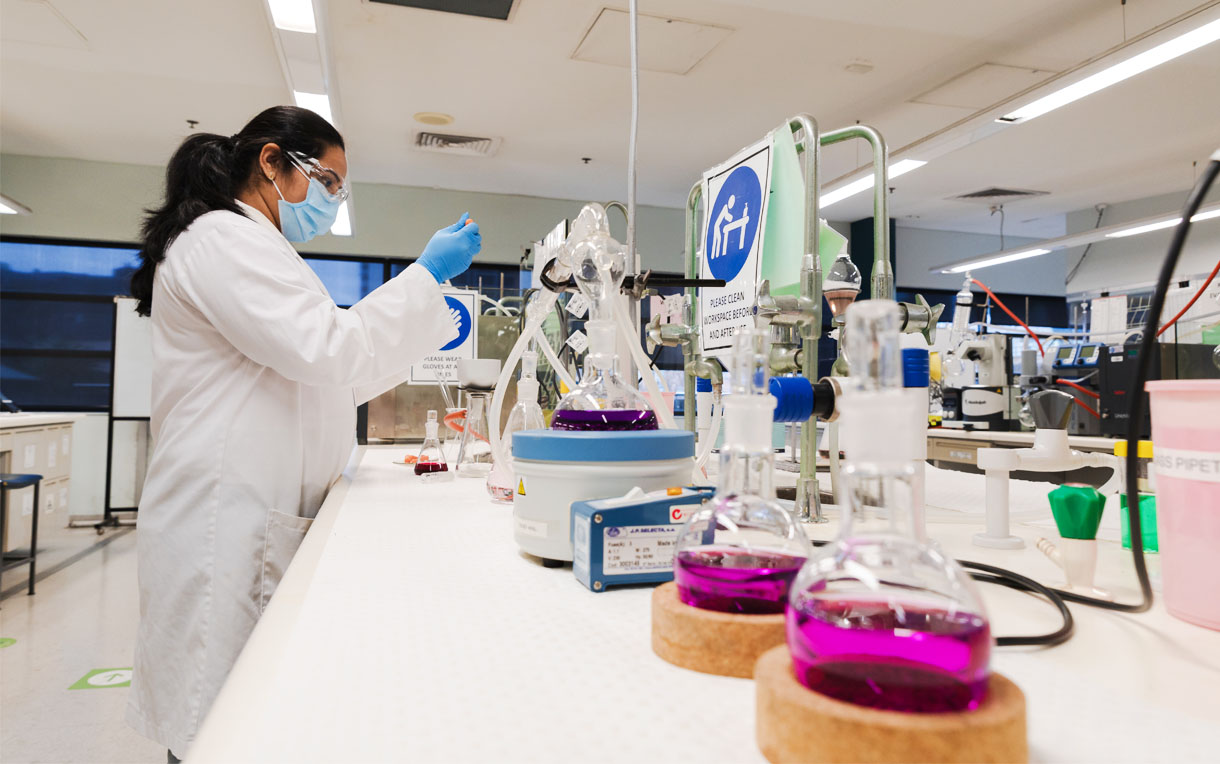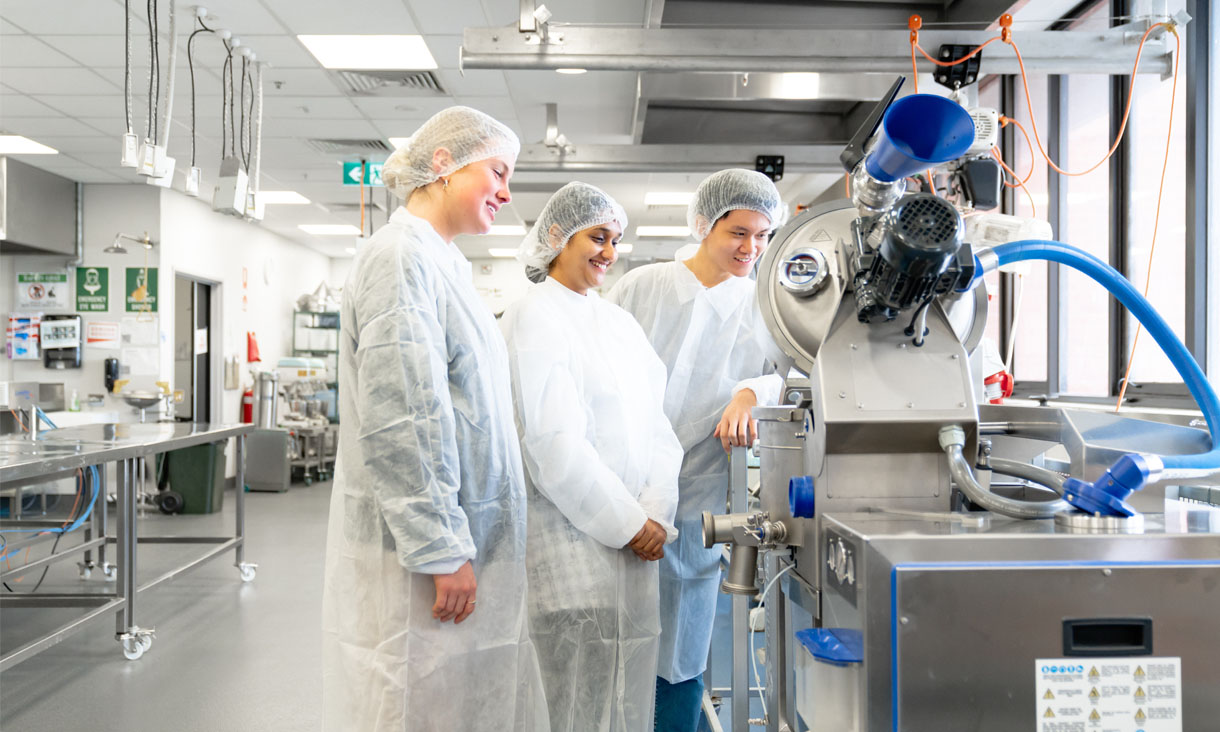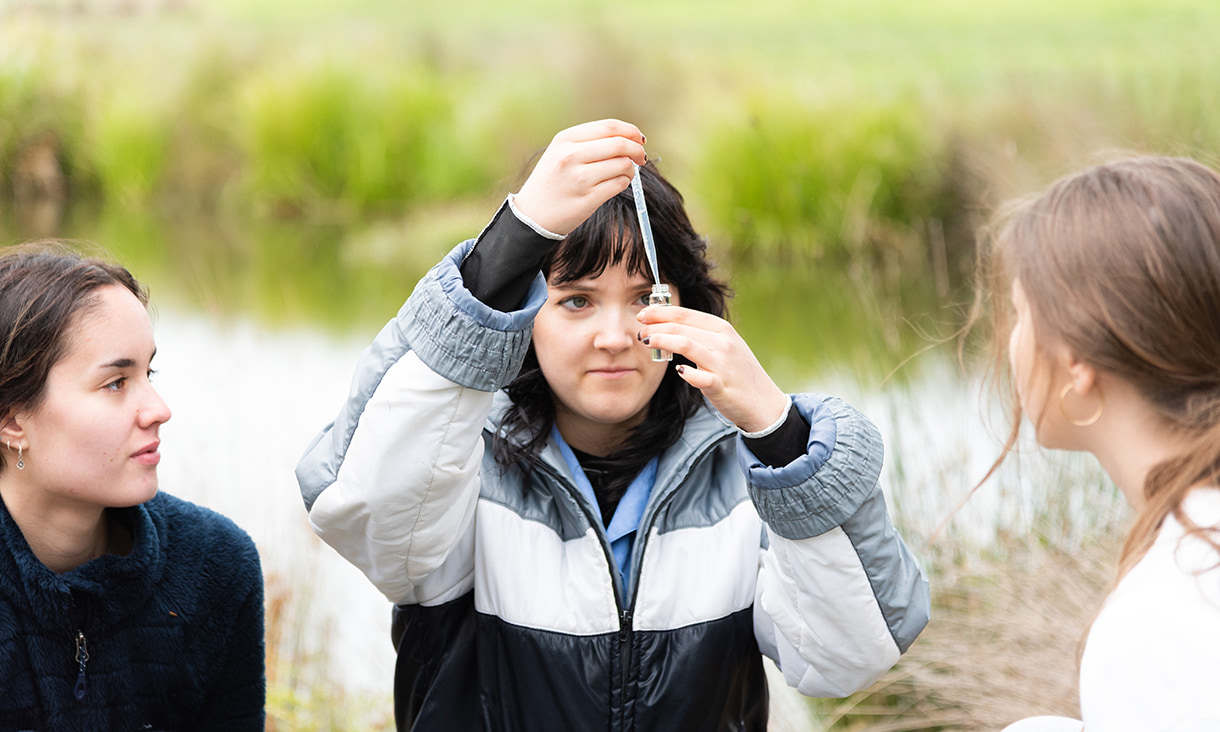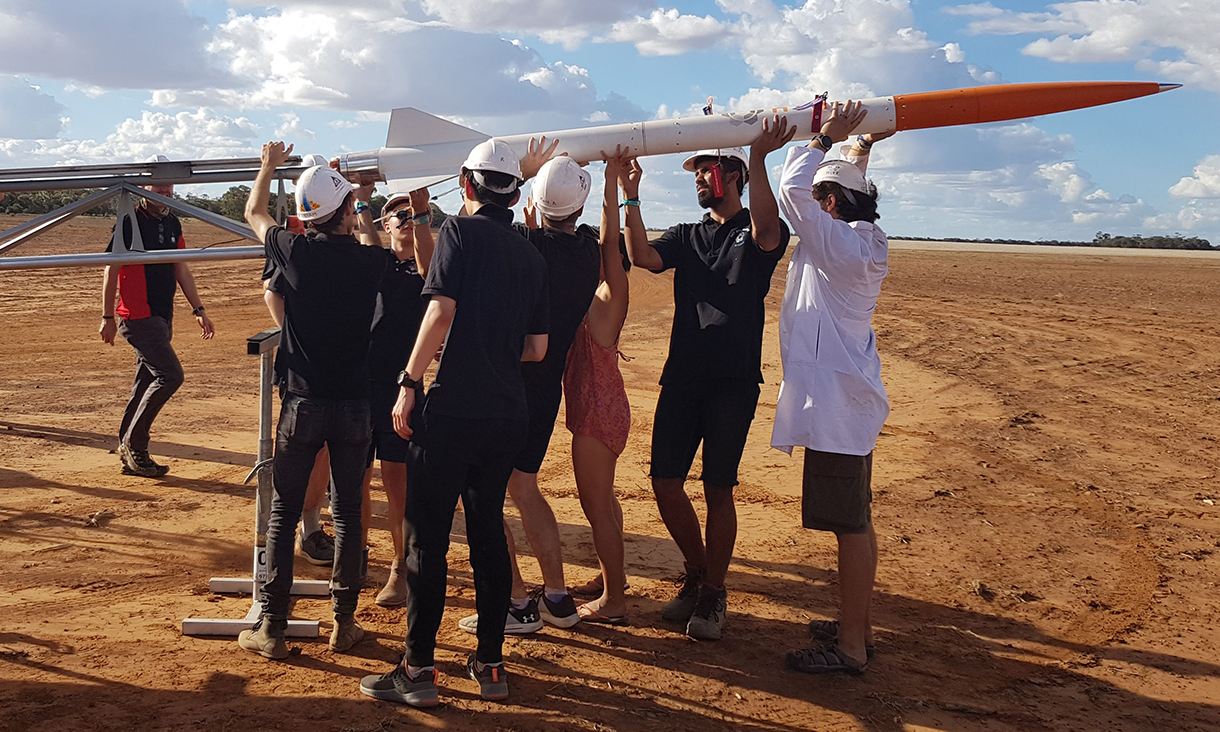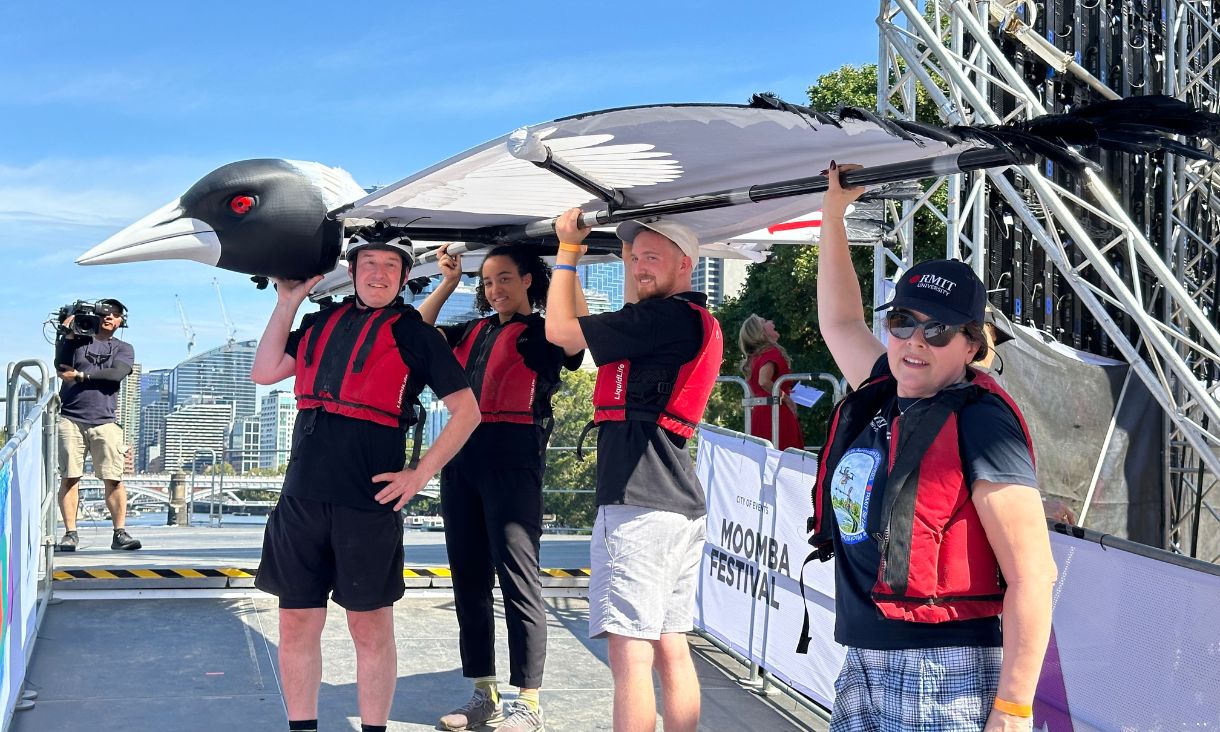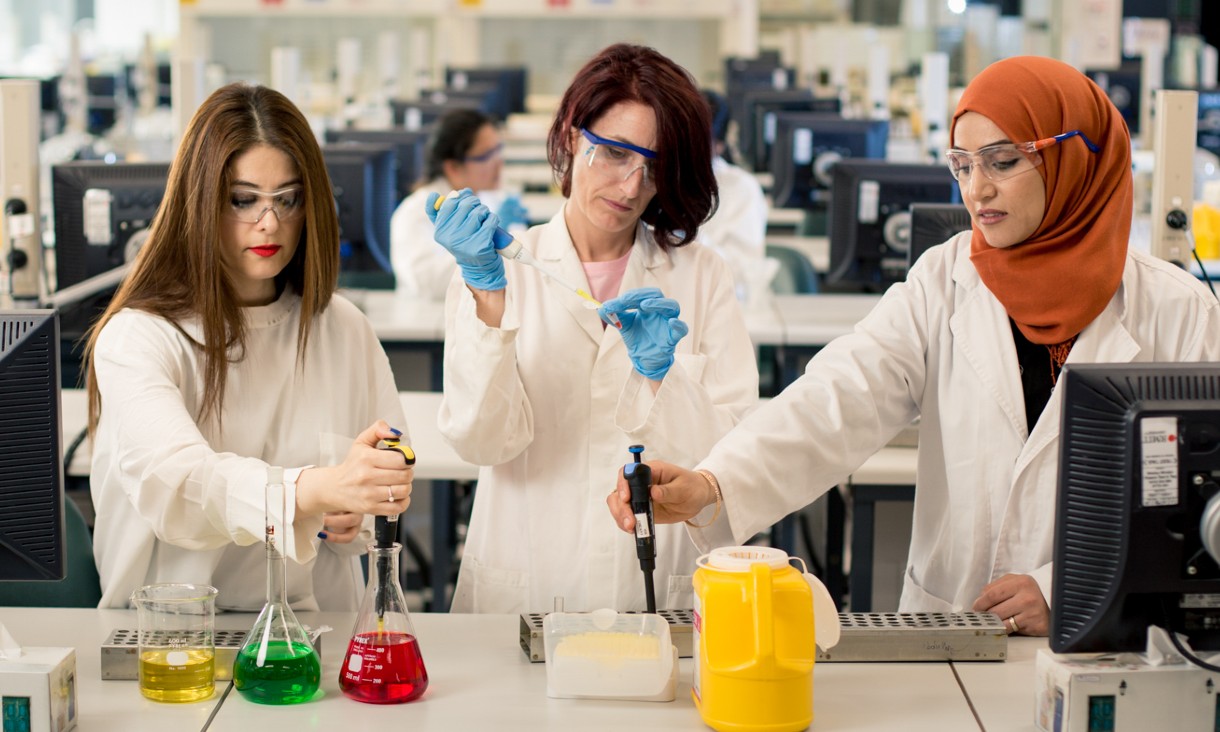[Start transcript]
[Music]
[Charlotte]
Hi everyone, I’m Charlotte. And today, I’m going to show you some of RMIT’s amazing science facilities.
With nine different fields to study, you are bound to find a field that suits you. And if you are not quite sure what you want to study with RMIT, we offer specialised and flexible science courses to help you discover what you are passionate about. Now, let’s start our tour with the Centre of Nanoscale BioPhotonics or CNBP for short.
[Music continues]
Here we are in our impressive Centre for Nanoscale BioPhotonics where current physics meet biology and chemistry. But let’s meet our RMIT science here with Daniel who can explain nanos further.
[Daniel]
The team here at RMIT uses the power of light to look into the body and see how cells behave with one another. We do that using interesting and important lasers.
What we have here is an optical benchtop microscope, which is one of a handful in the world. This allows us to image deeper into cells and look into the body. This is one of the world-class research facilities we have here at RMIT University.
[Charlotte]
Yeah, it looks amazing. Thank you so much Daniel for showing us. Now, let’s move on to our world-class chemistry labs.
[Music continues]
Our chemistry students have access to advanced instruments to analyse samples and to learn more about the properties of materials. Jonathan here can tell us more about the space.
[Jonathan]
Yeah, so in this lab, second and third-year organic chemistry students will look at replicating experiments that are used in industrial processes for green technologies as well as looking at the properties of water to look at its purity.
[Charlotte]
We are now here at RMIT’s work experiences lab, where students get to see chemistry and nanotechnology in action using augmented reality. Pat, please explain us what’s going on.
[Pat]
Well, the high-resolution screens behind us allow us to visualise molecules and nano materials in 3-D. We’ve actually got Kevin over here building a molecule at the moment in augmented reality.
[Charlotte]
That is so cool, can I have a try?
[Pat]
Sure thing, let’s give it a go.
[Music continues]
[Charlotte]
Let’s head to our Bundoora campus to show you more of our amazing science facilities.
Now, we are in our Food Innovation and Research Centre. Our future food technologists develop nutritious, safe and innovative food for consumers and learn how to comply to the strict industry safety and health regulations. Billy, tell me, is that what is smelling so delicious here?
[Billy]
Yeah, so we made some products today. So, we made a bread and also two types of cakes. One with butter and also one with margarine. Besides this commercial kitchen we got here , we've also got the pilot plant. And also, a research lab. And also, we’ve got a sensory lab where we look at the sensory profile of our products. Speaking of the sensory lab, we’re going to take these products in there and we’re going to taste them.
[Charlotte]
Amazing, can’t wait.
[Music continues]
Now, we arrive at our state-of-the-art bioscience teaching labs. Shelly, show me on the screen, what is that funky thing?
[Shelly]
I’m so pleased you asked. What we’re looking at are plant cells under a fluorescent microscope. Here in the biosciences teaching labs, we teach a range of sciences from botany through to cell biology, clinical microbiology and animal physiology and ecology. Here in these labs, this is where we teach our students how to do real-world experiments and give them skills they need to explore cells and life.
[Charlotte]
Amazing. Sounds really cool. Thank you for showing us.
Here we are at one of my favourite spots at RMIT. The Robotic Optical Observatory Telescope. It was actually set up with two US universities. Have a look inside. The 16 inch telescope here can track asteroids, satellites and other objects, and measure their movements. Predicting an understanding of the movement of objects in orbit it is really important, as it can prevent future collisions.
I hope you all enjoyed this tour of beautiful science spaces here at RMIT. And remember, if you have any other questions, feel free to reach out to our super friendly staff at Study at RMIT. We hope to see you soon. Bye-bye.
[End transcript]


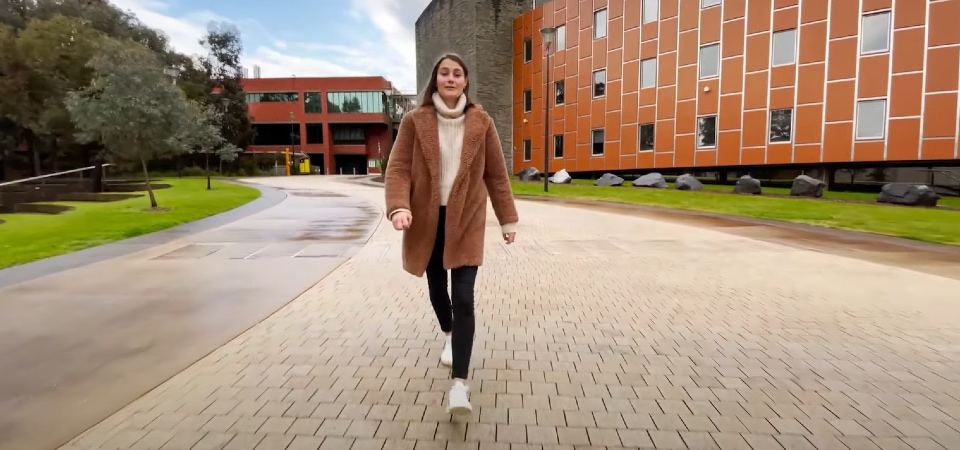
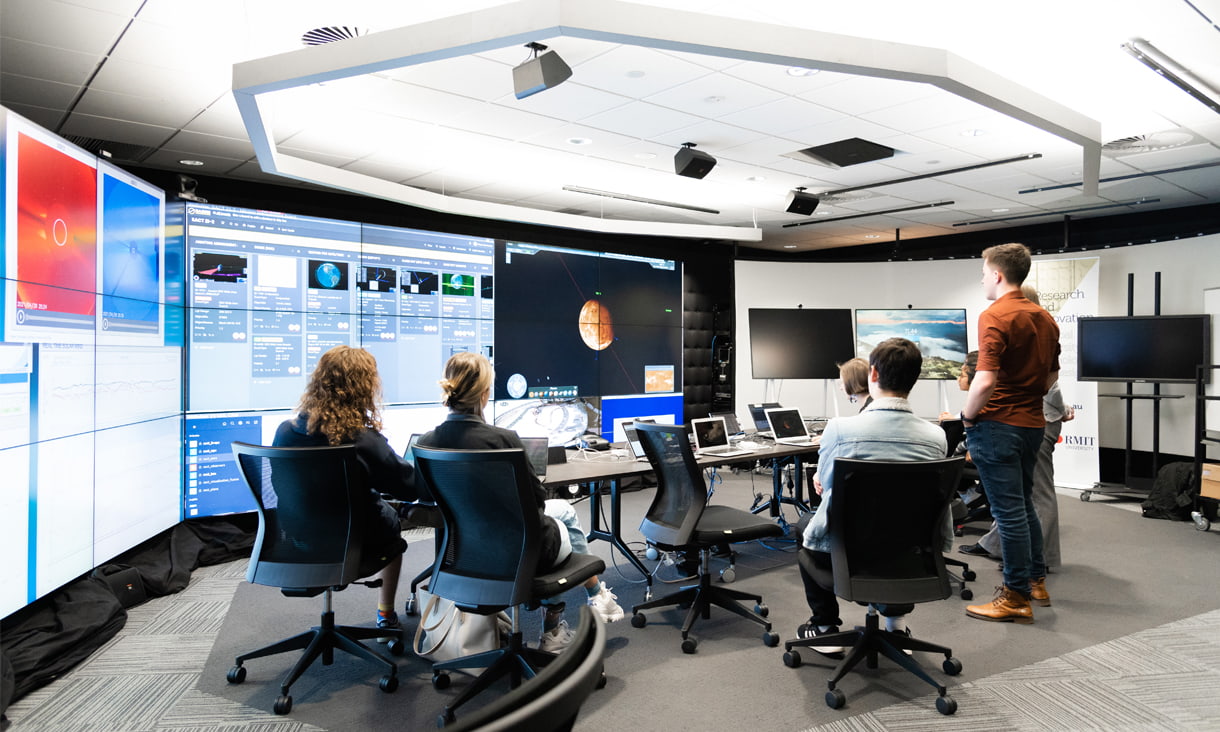

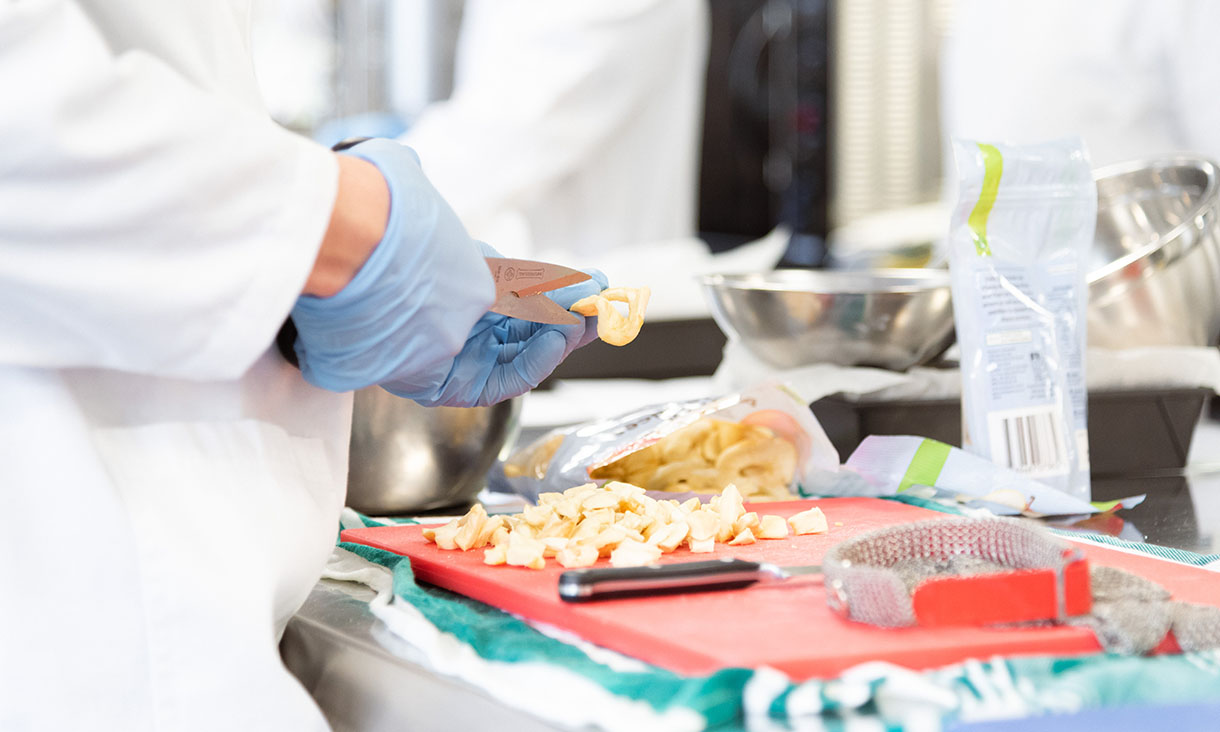
_2020_7-1220x732.jpg)

